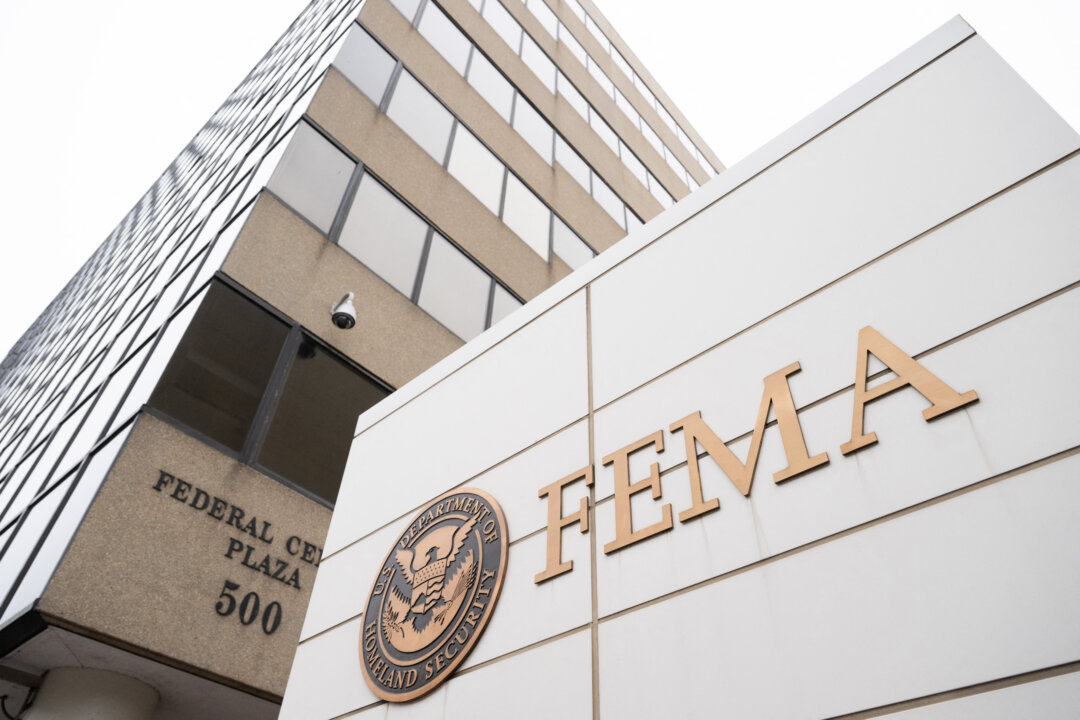It is 80 years since the end of WWII (1939-1945) when the Allied Forces finally defeated Nazi Germany after nine years of war, which took place only a few decades after WWI (1914-1918). The 8th of May has since the end of WWII been a public holiday in most European countries and this year the celebrations are extended in many countries, such as the UK where most of this week has been devoted to memorial gatherings, including some of the few war veterans who are still alive and in good enough heath to attend events. Millions of people died in the war, soldiers and civilians, and many were executed in prison.
It is estimated that the Holocaust led to the killing of 6 million Jews; also other minority groups were targeted. We say that wars include insane and inhumane actions, and that is always true, yet, they are planned and implemented by otherwise normal people. It is beyond anybody’s competence to explain who this can happen and how this can be prevented, and how wars, too, can be ended once and for all.

“Never again” became the slogan after WWII, indeed used by Winston Churchill, the UK Prime Minister during the war and the leader and symbol of the Resistance Movement in Europe, also supported by the USA, and many other countries. Some European countries were not invaded and occupied by Nazi Germany, and managed to play a neutral or semi-neutral role, such as Sweden and Ireland, but as the war progressed and the defeat of Nazi Germany became likely, also neutral countries sided more directly with the Allied Forces. It should be remember that Russia, in those days the Soviet Union, fought WWII on the side on the Allied Forces, and suffered enormous losses; as many as over 26 million Russians were killed.
That time, Russia and Ukraine were on the same side and part of the same country. In the West, people should also remember that without the efforts and sacrifices of the Soviet Union, the victory of WWII could hardly have been achieved. In hindsight, we can certainly also question if the Soviet Union was treated honourably; it was Western Europe and America that set the terms and thinking about the peace and the way ahead.
As is typical when wars end, it is the winners that define the peace and the concept to use, and winners and losers get used to the thinking. The powerful slogan of “Never again” is for many of us synonymous with the end of WWII, translated into numerous mother tongues. It represents a strong resolve never to repeat the terrible acts and ideology, certainly including the Holocaust.
It has also been used in many cases after terrible atrocities and conflicts after WWII, and it had been used before the war, including by the Jews in 1970s. Although the term is powerful and reminds us in particular of the end of WWII, making us reflect on history, both by mind and heart, today, 80 years hence, when many wars and conflicts rage, we should also begin to reconsider how deep our commitment to the slogan “Never again” was and is. I believe many things were not done right at the end of WWII, including the way the Soviet Union was treated, and for that matter the way it could threat the other Easter European countries.
The USA was given an upper hand as world leader, with Europe. Developing countries, that time often colonies or otherwise under the major European countries, had no say in the shaping of the global world, with the United Nation, the World Bank, IMF, and the growing number of multilateral organisations – under the West’s leadership and control. Until 1989/91, the Cold War lasted, based on what had been decided as WWII had ended.
The Soviet Union played the role as the other world power, on the side of America. In hindsight, we can easily see that there we terrible wrongs done to countries and people when the new post-WWII era was hammered out. Many of today’s East-West problems would not have existed had the peace agreements and thinking been more realistic and democratic in values, action and thinking.
Also, as the Cold War ended, the Soviet Union collapsed, Russia was back, the Eastern European countries gained independence, and several other things, there was a unique opportunity to have looked deeper at international relations and power structures. Alas, there seems to have been a naive thinking about the situation and the future, and sometimes possibly also calculated gains by the powerful countries. The current Russia-Ukraine war was has some of its major causes because of mistakes made that time, as well the West’s and NATO’s mistakes later, too.
The terrible American Vietnam War (1955-1975) lasted for 20 long years, with enormous numbers of fatal casualties and injured, including civilians, mostly Vietnamese, but also American soldiers. It is one of the worst and cruellest American wars, and many Americans were against the war that time and remember it today, helping America refraining from further interventions and wars. It is this year 50 years since the war ended – and we indeed say “Never again”.
Vietnam is today doing well and seems to have recovered well from economic and infrastructure destruction, and also mental, psychological and social suffering. We may ask how that is possible, but we also see that people somehow, in inexplicable ways mange manage to find resources in themselves and in the communities to move ahead. Yet, although we say “Never again”, we have a long way to go before we in Europe, America and elsewhere really work on defence of wars and how to handle issues when wars end.
The many peace organisations around the world, local ones and th global ones, and the UN have major tasks ahead. In our local situation, in Pakistan and India, it is sad that issues have not been discussed deeper over the years, so that the immediate situation would not have developed. Hopefully, though, all leaders will do their utmost to solve the current issues and other broader issues about lasting peaceful relations.
It is a demand on all of us, all over the world, to do more and better to avoid wars and conflicts, so that the slogan “Never again” can be true for us all. Atle Hetland The writer is a senior Norwegian social scientist with experience from university, diplomacy and development aid. He can be reached at atlehetland@yahoo.
com.
Politics

When Wars End

It is 80 years since the end of WWII (1939-1945) when the Allied Forces finally defeated Nazi Germany after nine years of war, which took place only a few decades after WWI (1914-1918).















